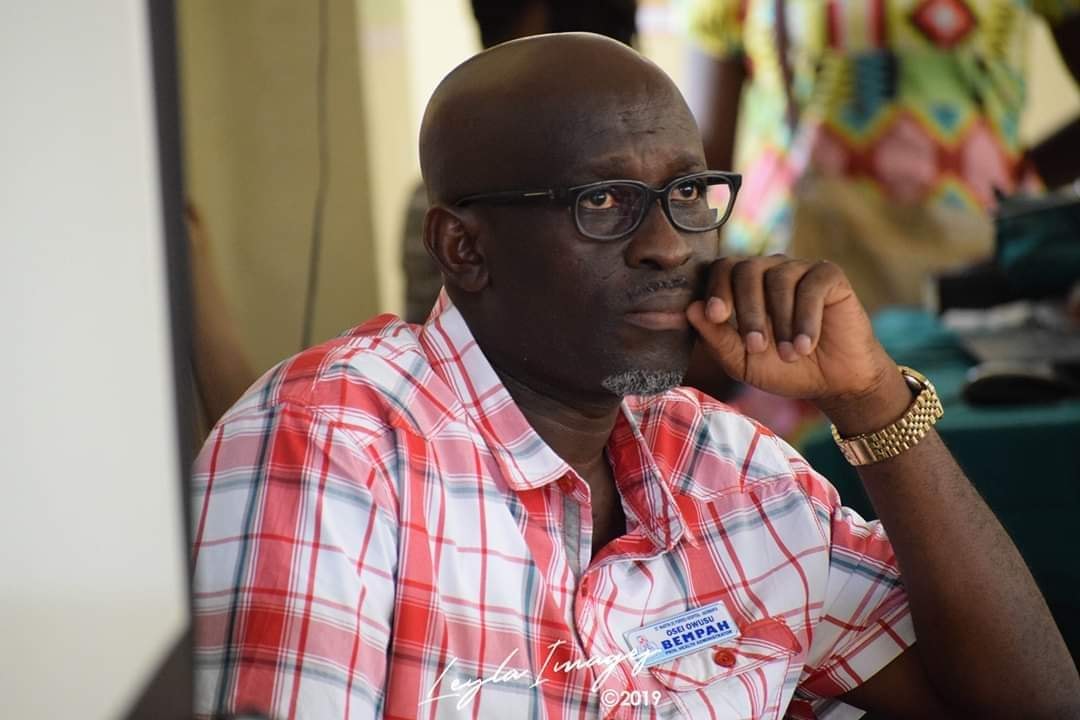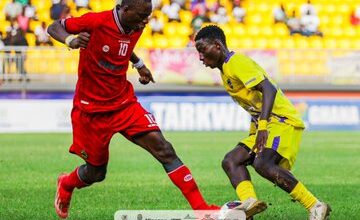The Unfair Blame game, Sacrificing the Technical Team in Tournament Failure
In the dynamic world of sports, it’s not uncommon for the blame game to commence when a team falls short of expectations in a tournament. However, the trend of singling out the technical team, including coaches and support staff, as scapegoats for failure has become a concerning norm.
In the aftermath of disappointing tournament outcomes, it’s routine to witness a swift shift in focus from the players to the technical staff.
Senior sports Journalists Osei Owusu Bempah has observed a pattern where the spotlight is redirected toward those behind the scenes, often leaving the players unscathed. This narrative perpetuates the notion that the responsibility for defeat lies solely with the coaching staff.
Osei Owusu Bempah argued that such a knee-jerk reaction oversimplifies the complexities of sports, ignoring the multifaceted factors contributing to failure. A team’s performance is a culmination of player skill, strategy, preparation, and sometimes unpredictable elements like injuries or unexpected tactics from opponents.
While accountability is essential, it is crucial to avoid the unfair practice of disproportionately blaming the technical team. Coaches and support staff work tirelessly to analyze opponents, devise strategies, and nurture player development. They face the challenge of adapting to unforeseen circumstances during a tournament, yet their efforts often go underappreciated in the face of defeat.
Moreover, the short-term focus on replacing coaches after a loss can hinder the long-term stability and growth of a team. Continuity in leadership often plays a significant role in building a successful sporting culture. Rapid changes in coaching staff can disrupt the team dynamic and impede the development of players who may benefit from a consistent coaching approach.
Listen to the voice of Senior Journalist Owusu Bempah:
Story by : George Opoku Boateng .gopokuboateng@gmail.com . Ahotor FM. X- Prekese GH





